Premium Only Content
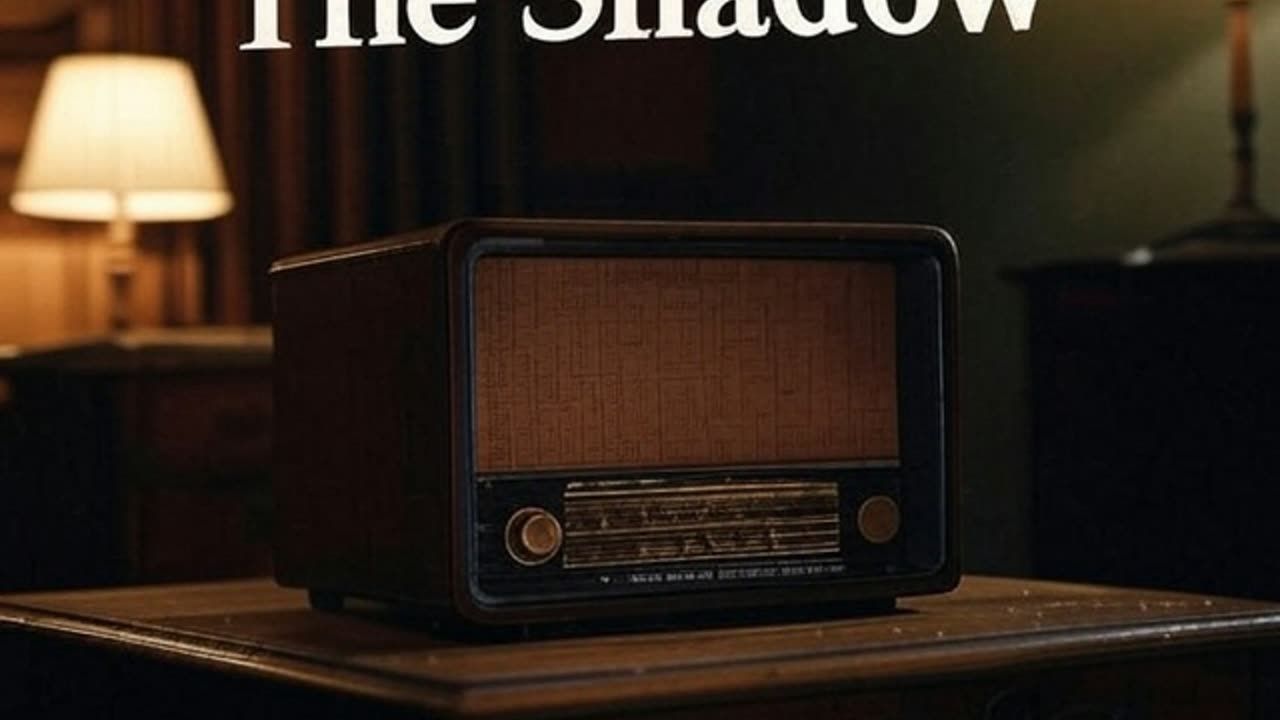
The Shadow April 3, 1938 - Death From the Deep
"Death From the Deep," episode 114 of the radio drama The Shadow, aired on April 3, 1938, over the Mutual Broadcasting System. In this thrilling tale, Lamont Cranston, aka The Shadow, investigates a series of mysterious ship sinkings in the Atlantic, where eighteen vessels from various countries have been destroyed over three months, causing global panic and disrupting maritime trade. Cranston’s research reveals the attacks are the work of a modern-day pirate using a submarine to target ships indiscriminately. With his companion Margo Lane, The Shadow tracks the pirate’s operations, uncovering a plot driven by greed and technological hubris. The inventor of the submarine, now regretful, becomes a key figure as The Shadow uses his powers of invisibility and mental manipulation to infiltrate the pirate’s lair. The episode builds to a dramatic confrontation at sea, with The Shadow thwarting the pirate’s next attack and ensuring justice. The narrative combines high-stakes adventure with noir suspense, amplified by sound effects like crashing waves and submarine hums.
Cast and Crew
Cast:
Orson Welles as Lamont Cranston / The Shadow
Agnes Moorehead as Margo Lane (credited as Margot Lane in some sources)
Supporting actors: Likely included Mercury Theatre regulars such as Ray Collins, Everett Sloane, or Paul Stewart (specific roles for this episode are not documented)
Announcer: Probably Frank Readick Jr. or Ken Roberts (frequent announcers for the series)
Crew:
Director: Likely Martin Gabel or William Alland (Mercury Theatre directors for The Shadow)
Writer: Adapted by staff writers, possibly Jerry Devine or William Sweets, based on Walter B. Gibson’s pulp stories
Producer: Sponsored by Blue Coal (Mutual Broadcasting System)
Music: Mutual Network orchestra, possibly led by Bernard Herrmann
Sound Effects: Mutual Network sound team, likely managed by Ora Nichols
Note: Exact cast and crew details for this episode are not fully documented. The above is based on the standard The Shadow team during the 1937-1938 season, particularly the Mercury Theatre’s involvement, as noted in sources like The Shadow Wiki and Internet Archive.
News in the United States (Week of April 3, 1938)
Economic Recovery Efforts: The "Roosevelt Recession" persisted, with President Franklin D. Roosevelt announcing a $3.75 billion spending plan on April 2 to combat unemployment, which stood at 19%. The proposal included public works and relief programs, sparking debate in Congress.
Labor Unrest: Strikes continued in the coal industry, with the United Mine Workers demanding better wages. Negotiations in Pennsylvania averted a larger walkout, but tensions remained high.
Aviation Milestone: Howard Hughes tested his Lockheed 14 Super Electra, preparing for his July 1938 around-the-world flight. The aviation industry buzzed with optimism about transcontinental routes.
Supreme Court Reforms: The Senate shelved Roosevelt’s court-packing plan, but discussions persisted about judicial reforms to align the Supreme Court with New Deal goals.
Cultural Note: The film Bringing Up Baby, a screwball comedy starring Katharine Hepburn and Cary Grant, was gaining popularity, offering lighthearted relief amid economic woes.
News in the World (Week of April 3, 1938)
Anschluss Fallout: Nazi Germany’s annexation of Austria (March 12) continued to reverberate, with Jewish Austrians facing persecution and property seizures. The League of Nations debated sanctions but took no action.
Spanish Civil War: Franco’s Nationalists advanced in the Aragon Offensive, capturing Lleida. The Republicans, weakened by internal divisions, struggled to hold ground, with foreign volunteers dwindling.
Sino-Japanese War: Japan’s occupation of central China intensified, with Chinese forces under Chiang Kai-shek retreating to Wuhan. Reports of Japanese atrocities, including mass executions, emerged in Western press.
British Appeasement: Prime Minister Neville Chamberlain defended his policy of appeasing Hitler, arguing it preserved peace. Critics, including Winston Churchill, warned of Germany’s rearmament and expansionist aims.
Soviet Purges: Stalin’s purges targeted cultural figures, with arrests of writers and artists reported. The execution of Bolshevik leaders like Alexei Rykov in March further consolidated Stalin’s control.
-
 2:48:59
2:48:59
TimcastIRL
6 hours agoTrump Endorses Cuomo, Says NO COMMIE MAMDANI, Obama REFUSES To Endorse Mamdani | Timcast IRL
253K153 -
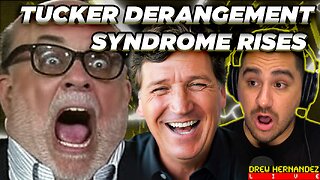 LIVE
LIVE
Drew Hernandez
1 day agoGOP CIVIL WAR: TUCKER CARLSON DERANGEMENT SYNDROME AT ALL TIME HIGH
1,030 watching -
 14:44
14:44
Sponsored By Jesus Podcast
1 day agoYou Can't Serve God & MONEY | Is Money the Root of All Evil?
15.9K17 -
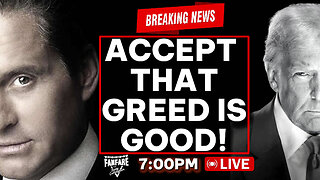 2:47:28
2:47:28
Barry Cunningham
10 hours agoYOU'VE BEEN MISINFORMED! GREED IS ACTUALLY GOOD! ESPECIALLY NOW! (AND MORE NEWS)
89.3K39 -
 7:18:24
7:18:24
SpartakusLIVE
10 hours agoSNIPING in Battlefield 6 - REDSEC || Monday MOTIVATION to CONQUER the Week
49.8K5 -
 49:25
49:25
ThisIsDeLaCruz
6 hours ago $15.14 earnedBack Stage Pass with Avenged Sevenfold
49.2K8 -
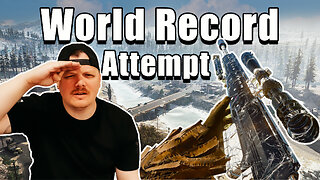 6:43:40
6:43:40
GritsGG
11 hours agoWorld Record Win Streak Attempt! #1 Most Wins 3880+!
26K2 -
 3:12:05
3:12:05
Tundra Tactical
8 hours ago $22.59 earnedProfessional Gun Nerd Plays Battlefield 6
56.1K6 -
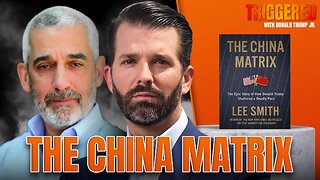 1:01:12
1:01:12
Donald Trump Jr.
11 hours agoThe China Matrix with Journalist Lee Smith | TRIGGERED Ep.288
146K91 -
 11:56:00
11:56:00
Dr Disrespect
16 hours ago🔴LIVE - DR DISRESPECT - ARC RAIDERS - FULL SEND INTO THE RED
164K18